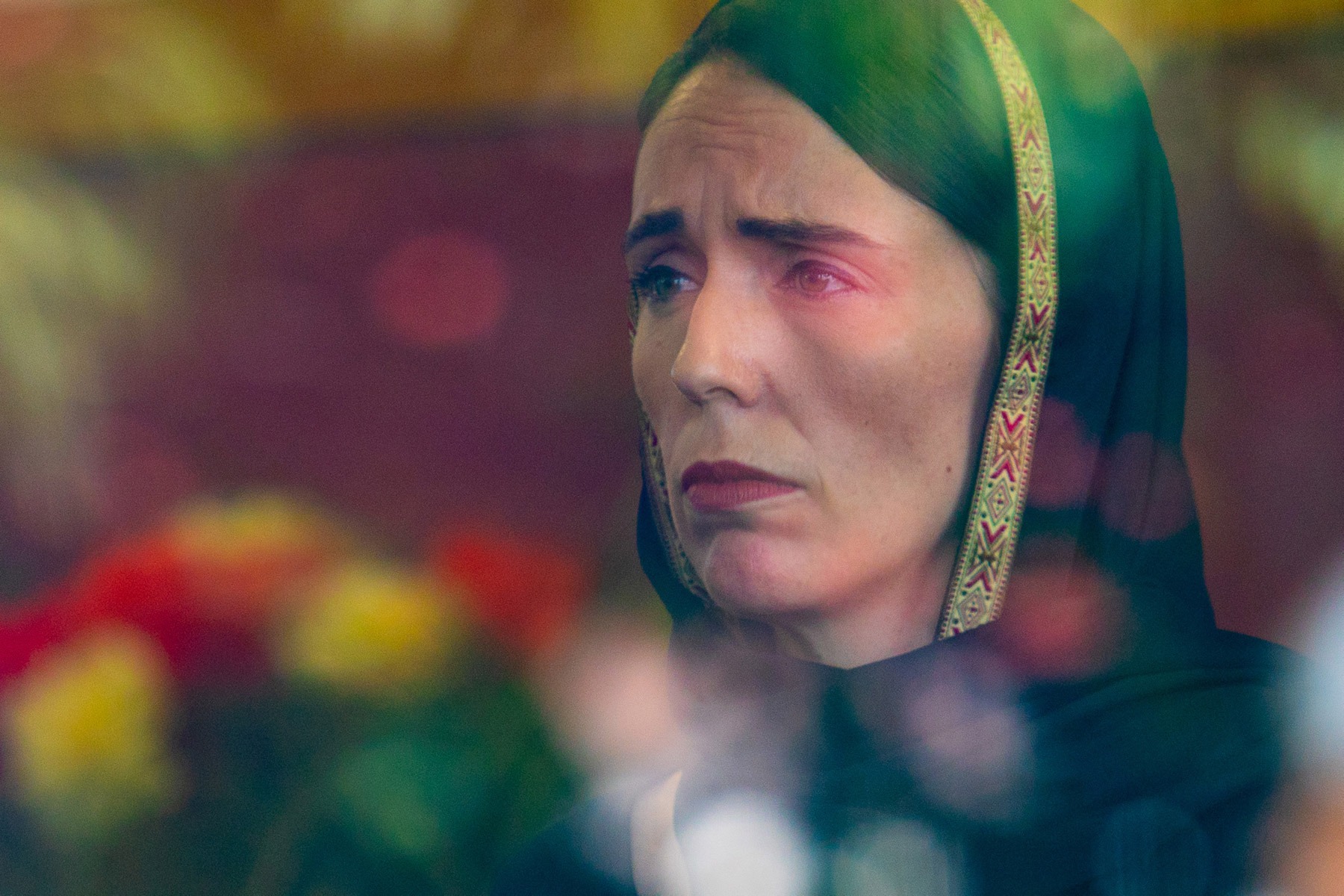Ever since the Coronavirus turned everyone’s life upside down earlier this year, we have all had opportunity to reflect and consider the various scenarios that may become reality in our every day lives and professional environments.
Personally, I have been impressed by what I have seen: people have not only sought out their own way forward, but also resolved to be a positive influence on others in numerous innovative and inspiring ways. In recruitment, we’ve offered clients and candidates free webinars to network and upskill, assistance with everything from virtual interviewing to resume formatting, and the seemingly basic but invaluable “How are you?” check-ins that have stood in for in person contact in a socially distanced world.
I hope we have all witnessed and experienced so many uplifting stories that we can’t help but be positive about forging a way ahead through this difficult period.
For many of us in business we have seen our markets plunge, while others have experienced unprecedented growth. But one thing that is certain, is that there will be a recovery and we will continue to witness inspiring ways in which businesses and people prepare for and capitalise on those emerging opportunities.
In the numerous conversations I’ve had with clients and candidates across a wide range of industry sectors since the start of the pandemic, the common question has been, how do they envisage their future, both professionally and personally?
The answers have been varied, but one that has really resonated with me is the changing face of leadership. Through this crisis we know that organisations and teams have had to change at breakneck speeds, and largely the results have been fantastic. Unfortunately, a few have also been found wanting, and one thing that we know for sure is that both organisations and their leaders will be judged by how they reacted through this period.
In a recent interview with Adam Bryant (MD of Merryck & Co), Tanuj Kapilashrami (Group Head of HR at Standard Chartered Bank) said that the days of macho leaders are absolutely over; the leaders who are coping best with this crisis are those who have and display a level of vulnerability, even though it has traditionally been viewed as an undesirable trait in the corporate world. Furthermore, it’s not just about being vulnerable, but also having empathy, creativity and an acceptance of the fact that we don’t have all the answers.
Steven Baert (Chief People & Organisation Officer of Novartis) also states in this article by Bryant that the entire mechanism of management by command and control is outdated. The new direction is about leading through purpose, empowerment and support. He has adopted the ideas of being curious, “unbossed” and inspired by purpose. Unbossed is the fundamental belief that answers to any problem can be found not only with the leader, but somewhere within the team.
Baert believes that we are moving to a more self-aware, self-authoring leadership approach, bringing vulnerability and humility into the workplace, helping people deal with complexity, and moving away from the concept that there is a right and wrong answer.
These are certainly tough times. Employers and employees are facing financial challenges, fears about physical and mental health, and countless other very real and personal worries. Effective leaders need to lead with more heart and empathy now than ever before.
When we emerge on the other side of this, one thing is certain. Good talent will have judged their leaders and will act accordingly. I’m really lucky to work for leaders that I both respect and trust. How have you adapted your leadership style in the last three months, and what kind of leader do you aspire to be?

With recruitment experience spanning in excess of two decades, Barry has extensive and deep expertise in Accounting search and selection, particularly in the specialist areas of performance analytics, finance business partnering, commercial finance and financial control. Commencing his career in South Africa where he worked for one of the country’s preeminent listed recruitment firms, Barry relocated to Melbourne with his family in 2008. Since immigrating, he has furthered his career with both large global, and privately held boutique search and selection firms where he has developed strong working relationships and networks. Well known for investing time to understand the requirements of each unique assignment and for exploring the individual career aspirations of talent, Barry’s authentic engagement style is based on respect, trust, integrity and honesty. Barry is committed to delivering an insightful, thorough and detailed level of service, and to achieving quality outcomes for all clients and candidates he partners with.
Barry Hodson
Practice Lead
Level 10, 333 Collins Street
Melbourne VIC 3000
Tel: +61 3 9235 5138
Mob: +61 466 881 552
bhodson@sladegroup.com.au

